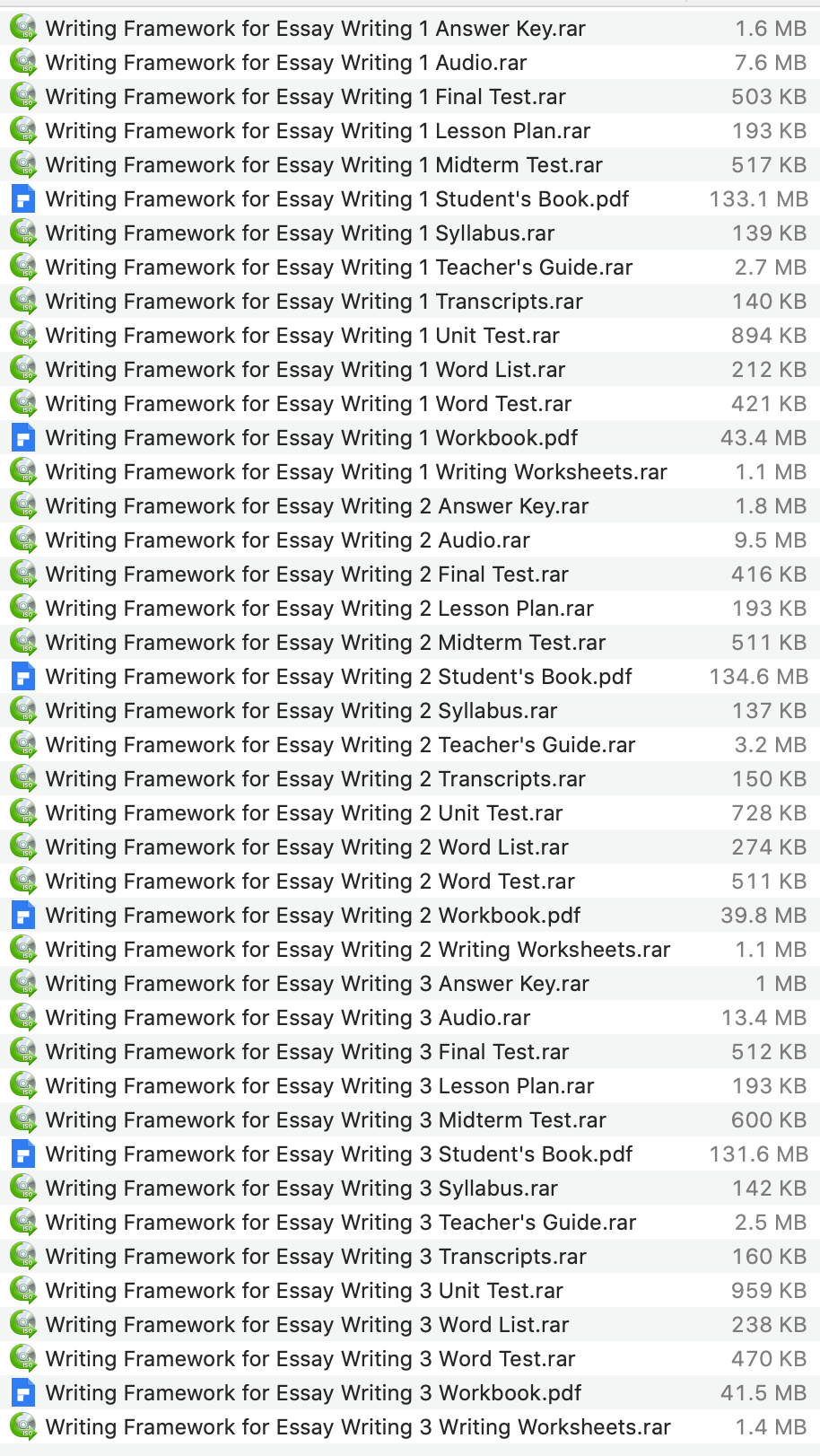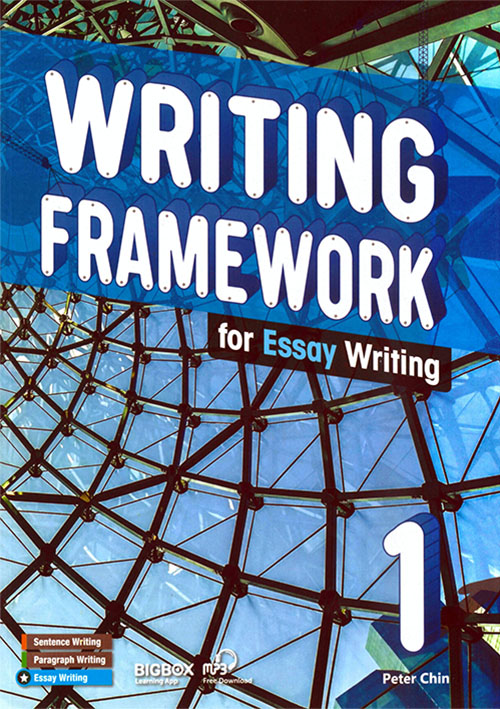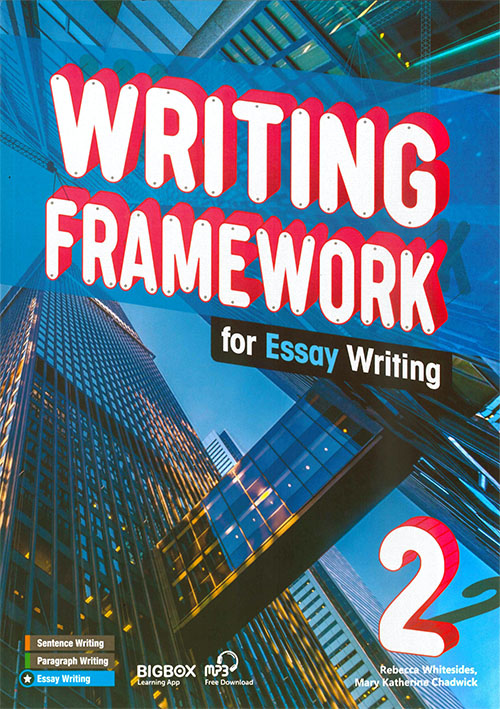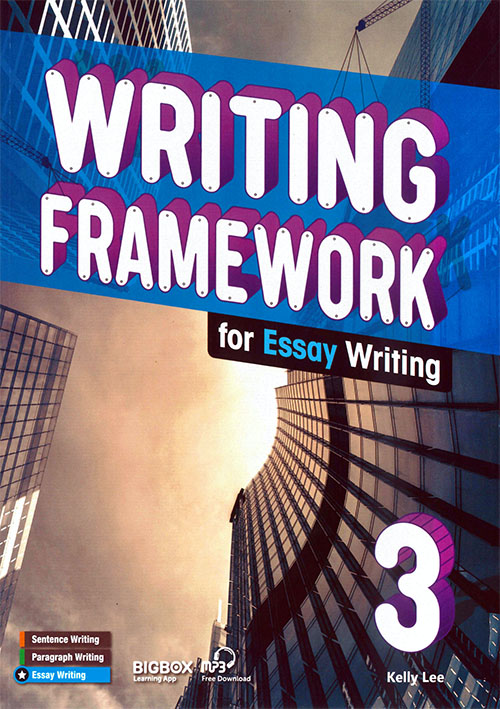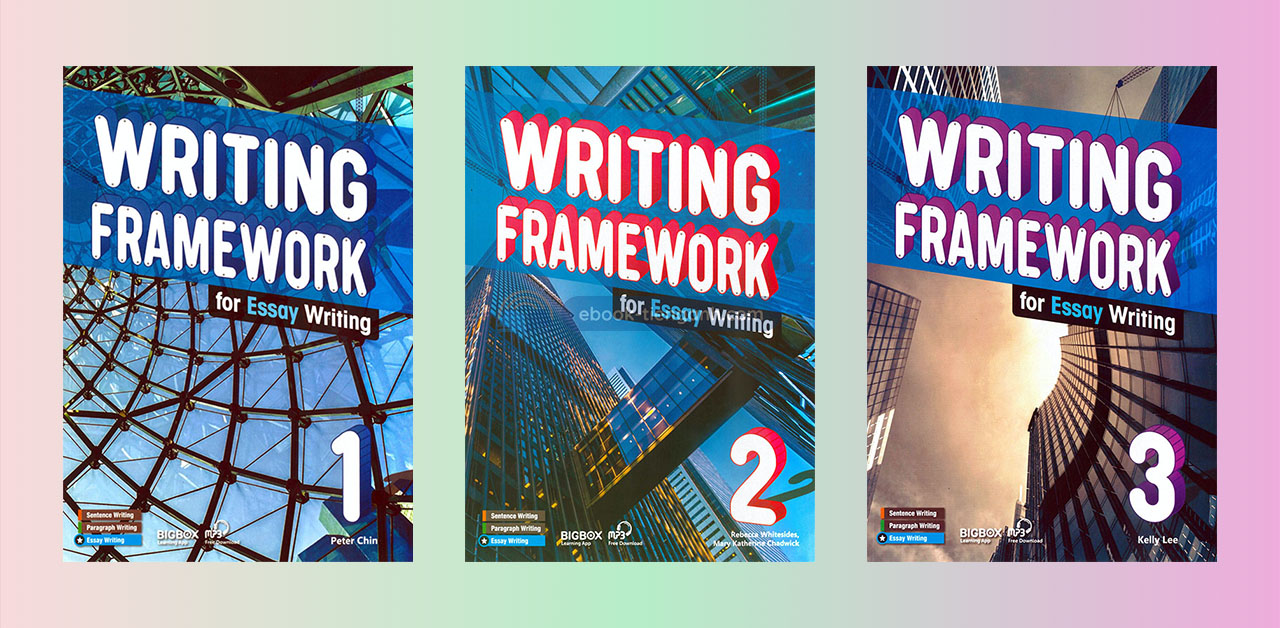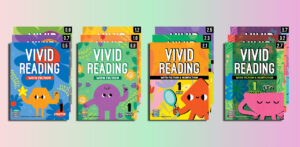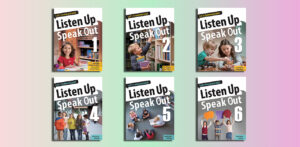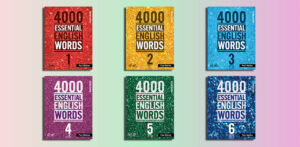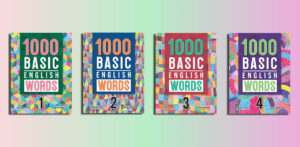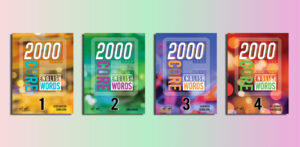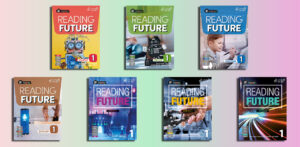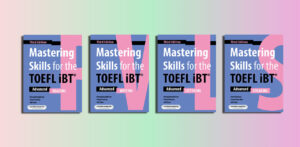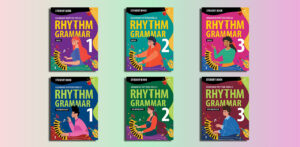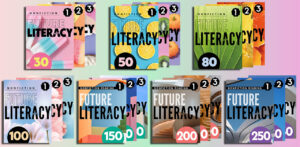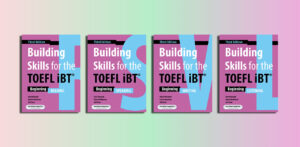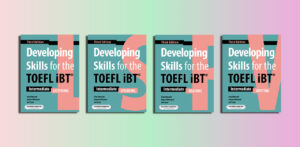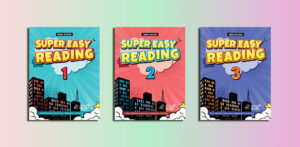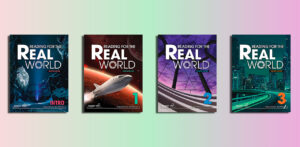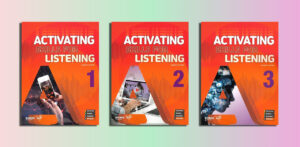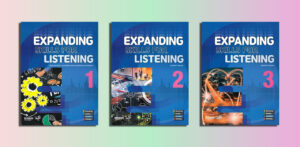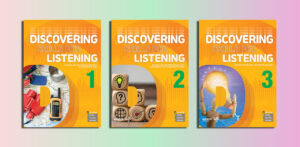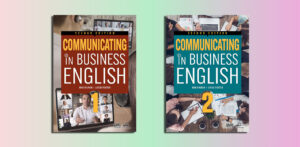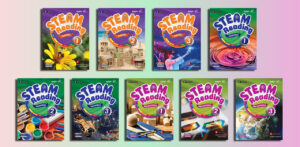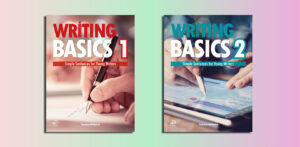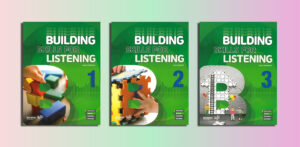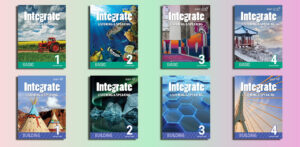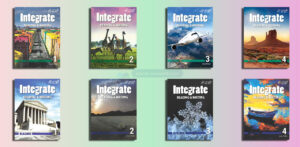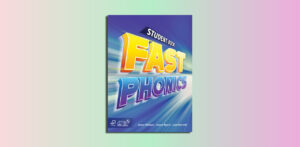Compass, Download, Online iTools
Writing Framework for Essay Writing Pdf Presentation Tool (B1 / B2)
Writing Framework for Essay Writing (PDFs, Resources)
Level 1 (B1)
Writing Framework for Essay Writing 1 Student’s Book.pdf – Sample: Click
Writing Framework for Essay Writing 1 Workbook.pdf – Sample: Click
Answer Key – Audio – Final Test – Lesson Plan – Midterm Test – Syllabus – Teacher’s Guide – Transcripts – Unit Test – Word List – Word Test – Writing Worksheets
Level 2 (B1+)
Writing Framework for Essay Writing 2 Student’s Book.pdf – Sample: Click
Writing Framework for Essay Writing 2 Workbook.pdf – Sample: Click
Answer Key – Audio – Final Test – Lesson Plan – Midterm Test – Syllabus – Teacher’s Guide – Transcripts – Unit Test – Word List – Word Test – Writing Worksheets
Level 3 (B2)
Writing Framework for Essay Writing 3 Student’s Book.pdf – Sample: Click
Writing Framework for Essay Writing 3 Workbook.pdf – Sample: Click
Answer Key – Audio – Final Test – Lesson Plan – Midterm Test – Syllabus – Teacher’s Guide – Transcripts – Unit Test – Word List – Word Test – Writing Worksheets
Set Writing Framework
- Writing Framework for Sentence Writing (Pre A1 / A1+)
- Writing Framework for Paragraph Writing (A2 / A2+)
- Writing Framework for Essay Writing (B1 / B2)
Online interactive book Demo
✅ Get Writing Framework for Essay Writing (PDFs, Resources): $8 / level; $20 / all 3 levels
✅ Get Writing Framework for Essay Writing (Online interactive book): $8 / level; $20 / all 3 levels
๏ Other payment methods: Click here
Set Writing Framework
๏ Writing Framework for Sentence Writing (Pre A1 / A1+)
๏ Writing Framework for Paragraph Writing (A2 / A2+)
๏ Writing Framework for Essay Writing (B1 / B2)
Overview of the “Writing Framework for Essay Writing”
Contents
- 1 Overview of the “Writing Framework for Essay Writing”
- 2 Who is suitable for ‘Writing Framework for Essay Writing’?
- 3 The benefits of ‘Writing Framework for Essay Writing’
- 4 Effective teaching and learning strategies for ‘Writing Framework for Essay Writing’
- 5 Top Essay Writing Skills Development Resources: Mastering Academic and Literary Analysis Writing
| ✅ Coursebook: | Writing Framework for Essay Writing |
| ✅ Authors: | Peter Chin, Rebecca Whitesides, Mary Katherine Chadwick, Kelly Lee |
| ✅ Publisher: | Compass Publishing |
| ✅ Skill: | Writing |
| ✅ 3 Levels: | B1, B1+, B2 |
| ✅ English type: | American English |
| ✅ Publication year: | 2020 |
The “Writing Framework for Essay Writing” series, published by Compass Publishing, is a structured educational resource aimed at developing essay writing skills among students. This series is particularly tailored for learners at the B1 to B2 levels of the Common European Framework of Reference for Languages (CEFR), catering to those transitioning from basic to more advanced writing capabilities.
Series Overview:
Writing Framework for Essay Writing 1
- Writer: Peter Chin
- ISBN: 978-1-64015-619-7
- CEFR Level: B1
Writing Framework for Essay Writing 2
- Writers: Rebecca Whitesides, Mary Katherine Chadwick
- ISBN: 978-1-64015-620-3
- CEFR Level: B1+
Writing Framework for Essay Writing 3
- Writer: Kelly Lee
- ISBN: 978-1-64015-621-0
- CEFR Level: B2
Key Features:
- Real-World Contexts: The series integrates real-world scenarios and applications in its writing exercises, making the learning process engaging and relevant.
- Critical Thinking Development: A step-by-step guided writing process is employed to foster critical thinking skills, an essential component in effective essay writing.
- Varied Writing Activities: The books include extensive practice activities that cover a range of writing types, from personal (emails, journals, letters) to academic (essays, book reports, storytelling), thus broadening students’ writing experience.
- 21st-Century Writing Tasks: The series focuses on project-based tasks to prepare students for modern writing challenges and requirements.
Structured Learning Approach:
- Step 1: Warm-Up: This step introduces the unit topic and relevant vocabulary, setting a foundation for the writing assignment.
- Step 2: Prewriting: This phase focuses on language skills and essay writing strategies, reviewing essential grammar structures and discussing essay-writing logic.
- Step 3: Drafting: Students are guided in creating an outline and a first draft of their essay, emphasizing the importance of structure in essay writing.
- Step 4: Revising and Proofreading: This crucial step involves teaching proofreading tools and techniques, enabling students to refine and edit their essays effectively.
- Extension: The series includes interactive activities that extend beyond writing, incorporating speaking and reading skills related to the unit’s topics and goals.
Overall, the “Writing Framework for Essay Writing” series offers a comprehensive approach to essay writing, equipping students with the necessary skills to excel in academic and personal writing contexts. The series’ emphasis on structured learning, critical thinking, and practical application makes it a valuable tool for students aspiring to improve their essay writing skills.
Writing Framework for Essay Writing 1 Student’s Book
Who is suitable for ‘Writing Framework for Essay Writing’?
The “Writing Framework for Essay Writing” series is tailored to a specific group of learners, based on their educational level, language proficiency, and specific learning needs. The suitability of this series can be outlined as follows:
Students at CEFR Levels B1 to B2:
- The series is designed for learners who are at the intermediate to upper-intermediate stages of English proficiency, as indicated by the CEFR levels B1 to B2. These students typically have a solid foundation in English and are ready to advance their skills in more complex writing structures and concepts.
Learners Seeking to Enhance Essay Writing Skills:
- It is ideal for students who wish to improve their ability to write structured, coherent, and well-argued essays. This includes learning how to organize ideas, develop arguments, and express thoughts clearly and effectively in written form.
Students Preparing for Academic Challenges:
- The series is suitable for students who are preparing for academic courses or examinations that require essay writing. This can include high school, college, or university students, as well as those preparing for tests like TOEFL, IELTS, or other standardized exams.
Individuals Interested in Real-World Writing:
- Since the series includes real-world writing scenarios, it is beneficial for learners who are interested in applying their writing skills in practical situations, such as composing letters, emails, reports, and other forms of real-life written communication.
Learners Focused on Developing Critical Thinking:
- The series is appropriate for students who are not only looking to enhance their writing skills but also to develop critical thinking abilities. The step-by-step guided writing process encourages analytical and evaluative thinking, essential for effective essay writing.
Students Who Need Structured Learning:
- The structured approach of the series makes it suitable for learners who benefit from a clear, step-by-step methodology in learning complex tasks like essay writing.
Educators and Tutors:
- Teachers and tutors seeking a comprehensive curriculum to teach essay writing will find this series a valuable resource. It offers a clear progression for teaching the different aspects of essay writing.
In summary, the “Writing Framework for Essay Writing” series is suitable for intermediate to upper-intermediate level students who are looking to improve their essay writing skills, develop critical thinking, and prepare for academic writing challenges. It serves as a practical tool for both students and educators in enhancing writing proficiency.
Writing Framework for Essay Writing 2 Student’s Book
The benefits of ‘Writing Framework for Essay Writing’
The “Writing Framework for Essay Writing” series offers a range of benefits that are particularly valuable for students at the CEFR levels B1 to B2. These benefits cater to enhancing not only the students’ writing skills but also their overall linguistic proficiency and cognitive abilities. Here are some of the key advantages of this series:
Advanced Essay Writing Skills:
- The series specifically focuses on developing the skills needed for effective essay writing, including structuring arguments, developing ideas, and creating coherent, well-organized essays.
Critical Thinking Development:
- Through its step-by-step guided writing process, the series encourages students to develop critical thinking skills, an essential aspect of constructing persuasive and logical arguments in essays.
Real-World Writing Contexts:
- The inclusion of real-world writing scenarios helps students understand how to apply their essay writing skills in practical situations, making the learning process more relevant and engaging.
Grammar and Vocabulary Enhancement:
- The series reviews essential grammar structures and vocabulary, which are crucial for writing proficiency, particularly at the intermediate to upper-intermediate levels.
Diverse Writing Practices:
- Students are exposed to a wide range of writing activities, including personal and academic styles, thus broadening their experience and adaptability in different writing contexts.
Preparation for Academic and Professional Success:
- The skills learned in this series are not only beneficial for academic purposes but also invaluable in professional settings where clear and effective written communication is essential.
Improved Language Proficiency:
- Regular practice in writing, as encouraged by the series, leads to overall improvement in language proficiency, including better understanding of syntax, sentence structure, and language nuance.
Self-Editing and Proofreading Skills:
- The series teaches students how to edit and proofread their work, a critical skill for any writer, which ensures the production of polished and error-free essays.
Project-Based Learning:
- The incorporation of project-based tasks aligns with modern educational practices, fostering skills that are essential for contemporary learning and communication.
Interactive and Engaging Learning Approach:
- The series includes interactive activities that make learning more engaging and effective, helping to maintain student interest and motivation.
Confidence in Writing:
- By providing clear guidelines and structured practice, the series helps build confidence in students’ writing abilities, encouraging them to tackle more complex writing tasks.
Adaptability for Various Learning Environments:
- The materials can be effectively used in diverse educational settings, including traditional classrooms, online courses, and individual tutoring sessions.
In summary, the “Writing Framework for Essay Writing” series offers a comprehensive approach to essay writing education, equipping students with the necessary skills for academic success and effective communication in a variety of contexts. This series is an essential resource for developing competent and confident essay writers.
Writing Framework for Essay Writing 3 Student’s Book
Effective teaching and learning strategies for ‘Writing Framework for Essay Writing’
Effectively teaching and learning with the “Writing Framework for Essay Writing” series involves employing a variety of strategies that cater to the diverse needs of intermediate to upper-intermediate level students. These strategies are designed to maximize student engagement, deepen understanding, and enhance writing skills. Here are some effective teaching and learning strategies for this series:
Structured Approach to Lessons:
- Follow the series’ structured approach, breaking down the essay writing process into clear, manageable stages. This helps students understand each component of essay writing, from planning to drafting to revising.
Real-World Writing Assignments:
- Incorporate real-life writing scenarios into assignments. Have students write essays on current events, personal experiences, or topics of interest to make the exercise more relevant and engaging.
Interactive Class Discussions:
- Facilitate discussions on topics covered in the series. Encourage students to express their opinions and thoughts, which can later be developed into essays.
Peer Review and Collaboration:
- Implement peer review sessions where students critique each other’s essays. This not only provides diverse perspectives but also helps students learn from their peers.
Focus on Critical Thinking:
- Encourage critical thinking by asking students to analyze different viewpoints, argue their stance, or evaluate evidence. This is key to developing strong essay content.
Use of Visual Aids and Graphic Organizers:
- Employ visual aids like mind maps or essay outlines to help students plan and organize their essays. This can be particularly helpful for visual learners.
Incorporating Technology:
- Use technology, such as word processing tools, online research, and educational software, to enhance the learning experience and make it more relevant to the digital age.
Personalized Feedback:
- Provide individual feedback on students’ essays. Tailored comments on their strengths and areas for improvement can significantly enhance their writing skills.
Creative Writing Exercises:
- Engage students in creative writing exercises to stimulate their imagination and enhance their descriptive and narrative writing skills.
Analyzing Sample Essays:
- Study and analyze sample essays to understand different writing styles, structures, and techniques. This can provide practical insights into effective essay writing.
Regular Writing Practice:
- Emphasize consistent practice. Regular writing assignments help students steadily improve their writing skills.
Encouraging Self-Editing and Proofreading:
- Teach students self-editing and proofreading techniques, empowering them to critically evaluate and improve their own work.
Diverse Writing Prompts:
- Offer a variety of writing prompts that cater to different interests and subject matters, ensuring that every student finds something engaging.
Reflective Practice:
- Encourage students to reflect on their writing process and progress. Reflection can be facilitated through writing journals or self-assessment exercises.
By integrating these strategies, educators can create a dynamic and effective learning environment that leverages the strengths of the “Writing Framework for Essay Writing” series. This approach will not only enhance students’ essay writing skills but also their overall language proficiency and critical thinking abilities.
Top Essay Writing Skills Development Resources: Mastering Academic and Literary Analysis Writing
For learners looking for alternatives to the “Writing Framework for Essay Writing” series by Compass, which focuses on guiding students through the process of essay writing from brainstorming to final revision, several educational series offer a comprehensive approach to developing essay writing skills. Here are notable series that provide structured instruction, practice, and development in essay writing:
- “Effective Academic Writing” by Oxford University Press: Tailored for academic contexts, this series introduces students to essay writing fundamentals, from structuring arguments to refining prose, with clear instructions and ample practice.
- “Longman Academic Writing Series” by Pearson Education: Offers a detailed approach to academic essay writing across different levels, focusing on sentence structure, paragraph development, and full essays, supplemented with examples and exercises.
- “Ready to Write” by Pearson Education: Provides clear strategies for effective essay writing, covering a range of writing genres. The series helps students organize their thoughts, develop clear thesis statements, and write coherent essays.
- “Great Writing” by National Geographic Learning: Integrates engaging content with writing instruction. From paragraphs to essays, the series emphasizes clarity, coherence, and purposeful writing.
- “Write to Be Read” by Cambridge University Press: Focuses on improving students’ writing by developing their ability to produce clear, well-organized, and reader-friendly texts, with a strong emphasis on essay writing for academic purposes.
- “Essay Writing for English Tests” by Gabi Duigu (Academic English Press): Specifically designed to prepare students for the essay writing sections of English proficiency tests, this book covers techniques and strategies to organize and express ideas effectively.
- “Steps to Writing Well” by Jean Wyrick (Cengage Learning): Offers a comprehensive guide to the writing process, focusing on the development of effective essays with attention to audience, purpose, organization, style, and revision.
- “The Writer’s Workplace with Readings: Building College Writing Skills” by Sandra Scarry and John Scarry (Cengage Learning): Combines practical writing instruction with a compilation of readings. It covers the basics of writing essays, from understanding assignments to submitting final pieces.
- “Academic Writing from Paragraph to Essay” by Dorothy E. Zemach and Lisa A. Rumisek (Macmillan Education): Guides learners through the transition from paragraph writing to full essays, offering structured approaches to essay organization, development, and revision.
- “College Writing Skills with Readings” by John Langan and Zoe Albright (McGraw-Hill Education): Emphasizes the development of college-level writing skills, covering essay construction, drafting, revising, and editing, along with integrated readings to enhance writing quality.
- “Writing Essays About Literature” by Kelley Griffith (Cengage Learning): Aims to improve writing skills by focusing on literary analysis essays, guiding students through the interpretation of literature and the crafting of insightful essays.
- “Exploring Writing: Paragraphs and Essays” by John Langan (McGraw-Hill Education): Focuses on improving writing through detailed instruction in the process of writing from simple paragraphs to more complex essays, reinforcing grammar, mechanics, and style along the way.
- “Paragraphs and Essays: With Integrated Readings” by Lee Brandon and Kelly Brandon (Cengage Learning): Offers a holistic approach to writing, integrating reading passages directly into writing exercises and assignments to improve both reading comprehension and writing skills.
- “The Only Academic Phrasebook You’ll Ever Need” by Luiz Otávio Barros: A concise guide providing essential academic phrases for essay writing, particularly useful for ESL students looking to improve their academic writing vocabulary and expression.
- “They Say / I Say”: The Moves That Matter in Academic Writing by Gerald Graff and Cathy Birkenstein (W. W. Norton & Company): Focuses on improving academic writing by teaching students how to use rhetorical strategies to structure their arguments effectively.
- “Writing to Communicate” by Cynthia A. Boardman and Jia Frydenberg (Pearson Education): Provides learners with essential tools to express themselves accurately and effectively in essays, with a focus on paragraph development and the transition to longer texts.
These alternatives offer robust preparation for learners aiming to develop their essay writing skills. They provide a mix of comprehensive language development, practical writing exercises, and strategies to ensure a holistic approach to improving writing abilities for academic success and beyond.

